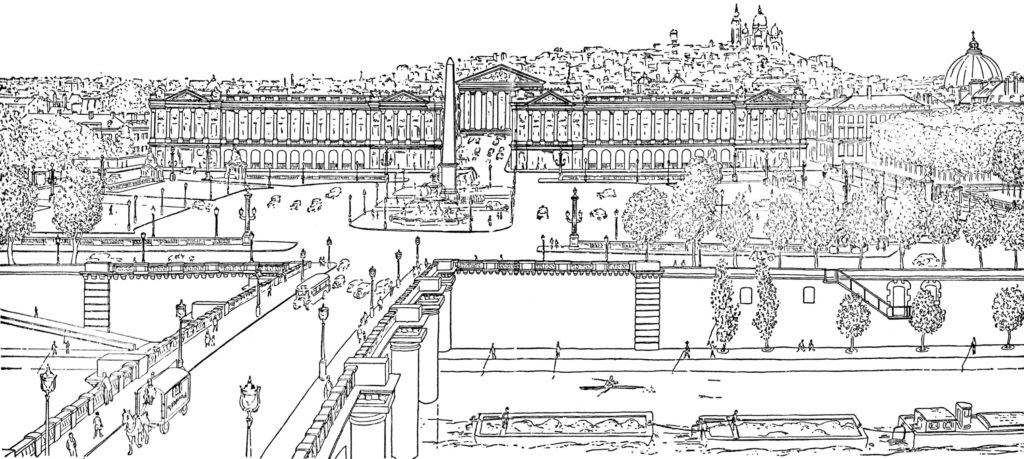The Paris Review opposes racism and violence—both the recent, bold-faced demonstrations of police brutality, and the structural injustice that has been present in our nation since its founding. We are committed to being a part of the change: we will work with our writers, our readers, and our team to make publishing a more equitable, dynamic, and creative place.
We believe language opens paths to truth and justice. This week we are sharing several Writers at Work interviews with Black authors who have provided us—and generations of readers—guidance and inspiration, and are distributing a list of resources for those affected by the crisis.
—The Paris Review
This week we are highlighting some of the Black American voices in our archive and have unlocked the following interviews:
James Baldwin, the Art of Fiction No. 78
“I think that it is a spiritual disaster to pretend that one doesn’t love one’s country. You may disapprove of it, you may be forced to leave it, you may live your whole life as a battle, yet I don’t think you can escape it.”
Percival Everett, the Art of Fiction No. 235
“I’ll tell you a story. There was a fire near Redlands twelve or thirteen years ago, back when I ranched out there. We’d all gotten together and we had our trailers to help the people who were in danger. And there was this woman who had gotten most of her animals out, but she had one horse left in its paddock at the stables, and she refused to leave. Then through the smoke and haze she heard this … clanging, and up the road came this eighty-five-year-old man with a single horse trailer to get her horse out of there. To me that is beautiful.”
Nathaniel Mackey, the Art of Poetry No. 107
“By making breath more evident, more material, more dwelled-upon, they make black breath matter, implicitly insist that black lives matter.”
Toni Morrison, the Art of Fiction No. 134
“It is not possible for me to be unaware of the incredible violence, the willful ignorance, the hunger for other people’s pain.”
Carl Phillips, the Art of Poetry No. 103
“I’ve always thought that’s what poetry was for, a space for unconventionality, risk, disruption. I really resist what seems a human impulse toward what everyone has agreed on as normal.”
Claudia Rankine, the Art of Poetry No. 102
“But for me, there is no push and pull. There’s no private world that doesn’t include the dynamics of my political and social world. When I am working privately, my process includes a sense of what is happening in the world. Today, for example, I feel incredibly drained. And probably you do, too.”
August Wilson, the Art of Theater No. 14
“As a twenty-three-year-old poet concerned about the world and struggling to find a place in it, I felt it a duty and an honor to participate in that search. With my good friend Rob Penny, I founded the Black Horizons Theater in Pittsburgh with the idea of using the theater to politicize the community or, as we said in those days, to raise the consciousness of the people.”
*
We also urge you to support the following organizations that are dedicated to working against police brutality or to uplifting Black voices and communities.
The NAACP’s Legal Defense and Educational Fund seeks to fight against racial injustice through litigation, advocacy, and public education.
The Community Justice Exchange has on their website a directory of community bail funds across the country, both national and state-level. Or, to split a donation between multiple bail funds, you can use this ActBlue link.
And in the literary community, we want to highlight the work of the Cave Canem Foundation, which is dedicated to cultivating the artistic and professional growth of Black poets.
from The Paris Review https://ift.tt/2TXUIru

Comments
Post a Comment